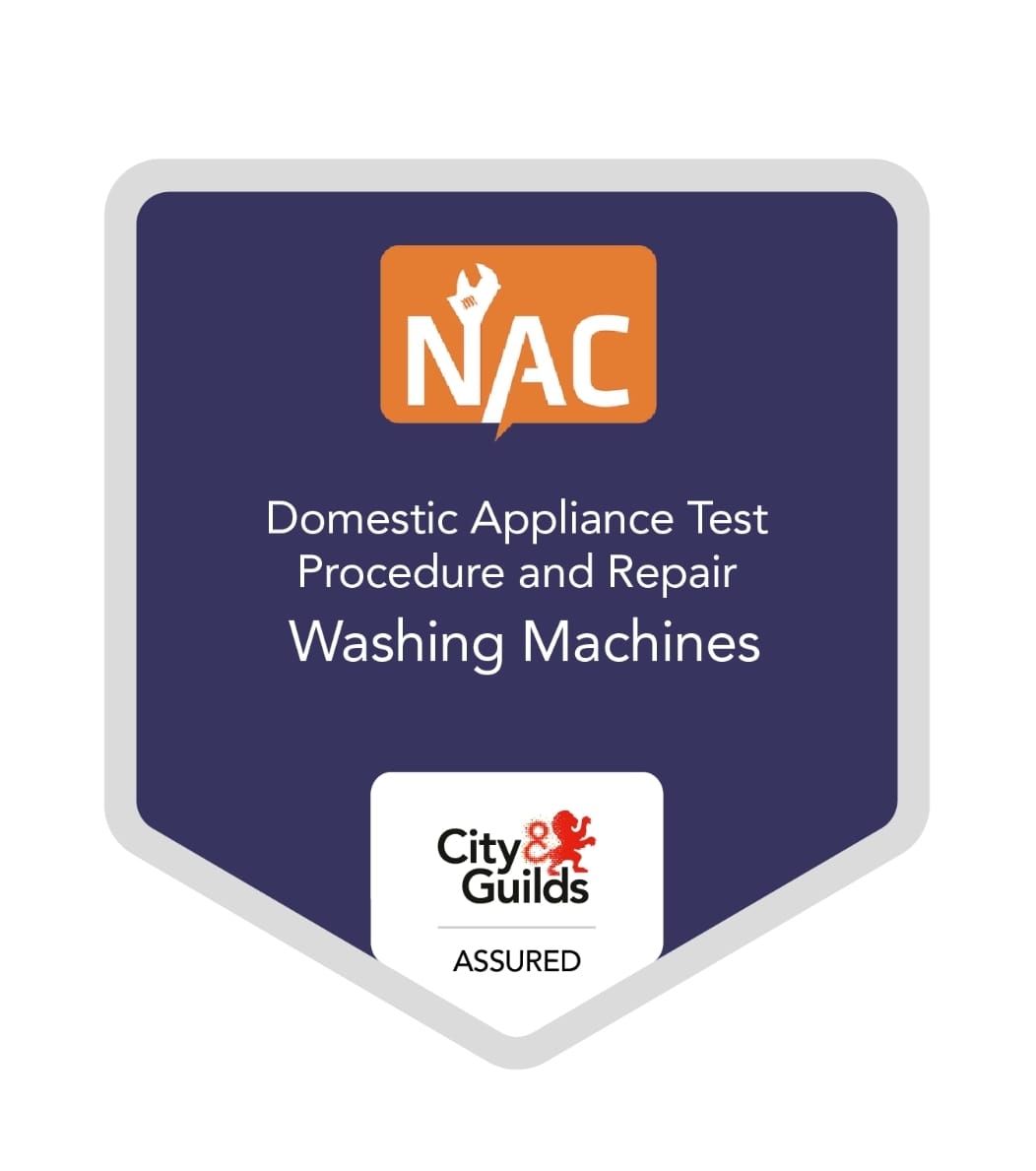Hard Water: Dishwasher Solutions

“About 60% of homes in the UK suffer from hard water“
Hard water—a term that might sound harmless at first, but for your dishwasher, it can be a silent troublemaker.
The mineral-rich water that flows through your pipes can have a significant impact on your dishwasher’s performance over time. In this post, we’ll delve into some hard water dishwasher problems and explore practical solutions to keep your kitchen appliance running smoothly.
Understanding Hard Water: The Culprit Behind Dishwasher Woes
Hard water contains high levels of minerals, primarily calcium and magnesium. As your dishwasher cycles through its tasks, these minerals can accumulate on the heating element, spray arms, and interior surfaces.
Over time, this build-up can lead to a range of problems that affect the efficiency and longevity of your appliance…

The Toll on Dishwasher Performance
Reduced Cleaning Efficiency: The minerals in hard water can interfere with the effectiveness of dishwasher detergents, leading to less-than-stellar cleaning results. Your once sparkling glassware may emerge with a cloudy film, and dishes might retain food residues.
Scale Build-up: One of the most common issues with hard water is scale build-up. The minerals gradually form a chalky residue on the heating element and other critical components, reducing the machine’s ability to heat water efficiently. This can result in longer cycle times and increased energy consumption.
Clogged Spray Arms: The tiny nozzles in your dishwasher’s spray arms are not immune to the effects of hard water. Mineral deposits can accumulate in these openings, leading to restricted water flow and uneven cleaning.

Solutions for Hard Water Woes
Water Softeners: Installing a water softener is a proactive step in the battle against hard water. These devices work by exchanging calcium and magnesium ions with sodium ions, effectively softening the water before it enters your dishwasher. This not only improves cleaning performance but also extends the lifespan of your appliance.
Rinse Aid: Using a quality rinse aid can help mitigate the effects of hard water. Rinse aids contain surfactants that reduce water droplet formation, preventing the minerals from adhering to dishes and dishwasher surfaces.
- Vinegar Rinse: A natural and cost-effective solution involves running an empty dishwasher with a cup of white vinegar. This acidic liquid helps dissolve mineral deposits and removes scale buildup. Repeat this process monthly for optimal results.
- Regular Cleaning: Make it a habit to clean your dishwasher’s spray arms, filter, and interior surfaces regularly. Remove any visible scale deposits and food particles to maintain optimal performance.

Prevention Tips for the Future
Choose the Right Detergent: opt for dishwasher detergents specifically formulated for hard water. These products contain ingredients that enhance cleaning in mineral-rich conditions.
Adjust Water Temperature: Running your dishwasher with hot water can aid in dissolving detergent and preventing mineral deposits. Check your water heater settings and ensure it’s delivering water at the recommended temperature.
Regular Maintenance: Stay proactive by routinely inspecting and cleaning your dishwasher. Remove debris, check spray arms, and address any signs of scale build-up promptly.

While hard water may pose challenges to your dishwasher, taking a few preventive measures and implementing solutions can keep your appliance performing at its best.
By understanding the impact of hard water and adopting these practices, you can ensure your dishes come out spotless and your dishwasher stays in top-notch condition for years to come.
Remember, if you are looking for speedy, reliable, and affordable appliance repair in London, Remember, if you are looking for speedy, reliable, and affordable appliance repair in London, then click here for a free no-obligation quote. We can provide same-day or next-day services to all of our local customers.
Check out some of our other blog posts:

